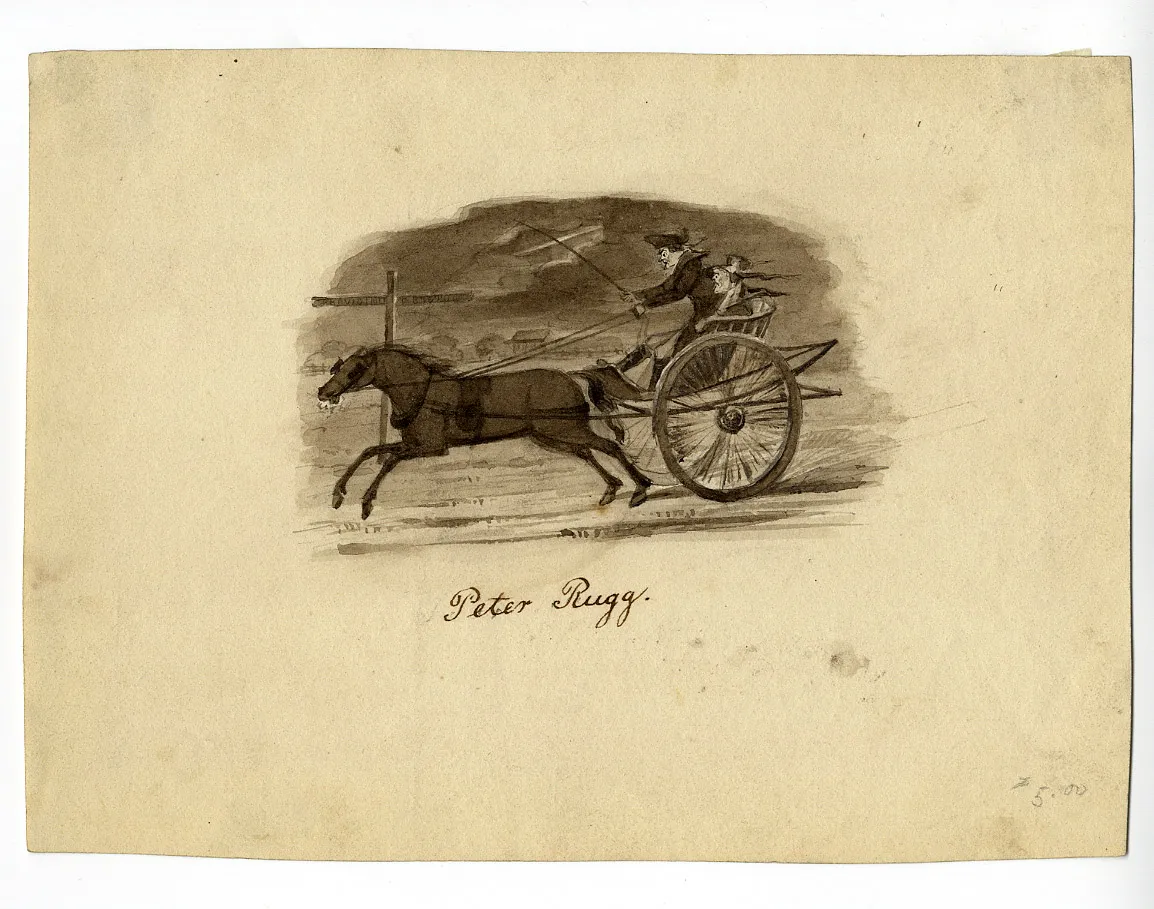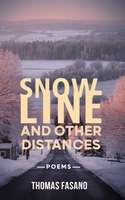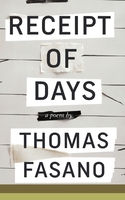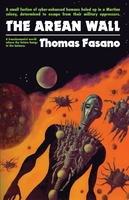
From among his few short stories, William Austin’s fame rests primarily with one, “Peter Rugg, or the Missing Man,” which became immensely popular and a favorite of Hawthorne and Longfellow. Austin incorporates legends of the Wandering Jew and the Flying Dutchman into a New England setting, much as [[Washington Irving]] had done with Knickerbocker materials in “Rip Van Winkle.”
The storytelling method is sophisticated in that Austin recounts Rugg’s situation by means of one narrative nested within another. The frame storyteller is Jonathan Dunwell, who presents events that transpire chiefly during 1820, although there is a distortion of time that heightens the sense of the supernatural.
After spending a stormy night with friends in Concord, Rugg and his young daughter, Jenny, fail to reach Boston and are cursed thereafter to travel continuously in an antiquated carriage (even by 1820 standards) and become precursors of storms (like the older Flying Dutchman).
Originally published on September 10, 1824, in the New England Galaxy in the form of a letter to the editor but carrying the title “Some Account of Peter Rugg, the Missing Man, Late of Boston, New England, in a Letter to Mr. Herman Krauff,” it was signed “Jonathan Dunwell,” about whom nothing was known. For the next seventeen years, the true author, a local attorney named William Austin, concealed his identity.
This collection of great American short stories contains over thirty of the finest ever penned by American writers from Washington Irving to F. Scott Fitzgerald.













Recent Comments